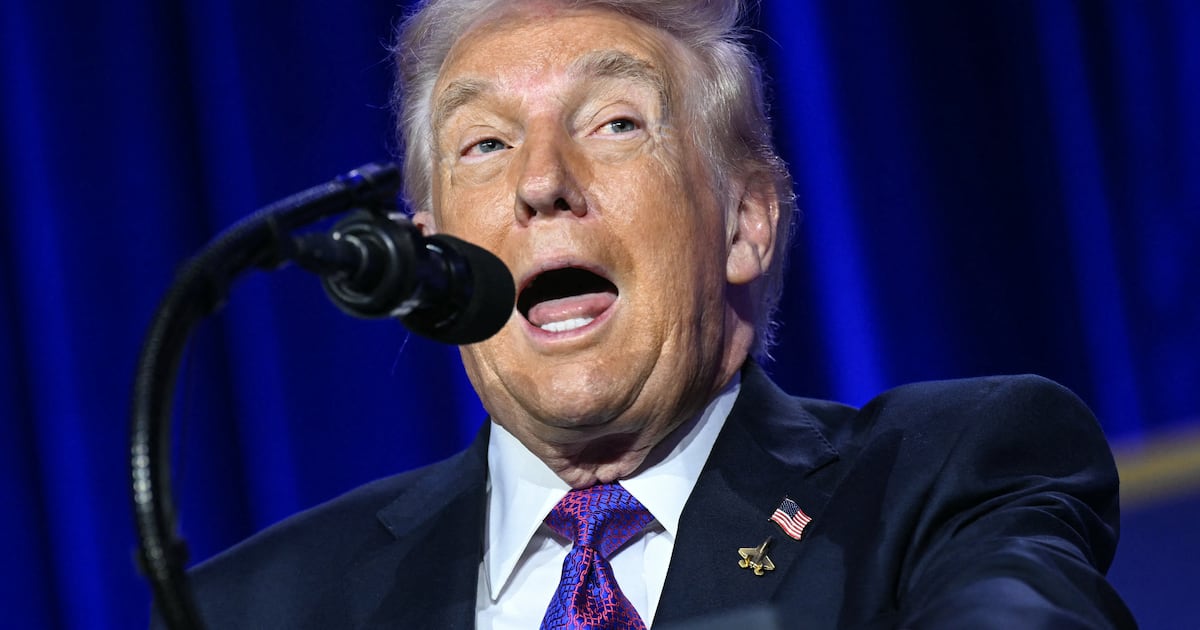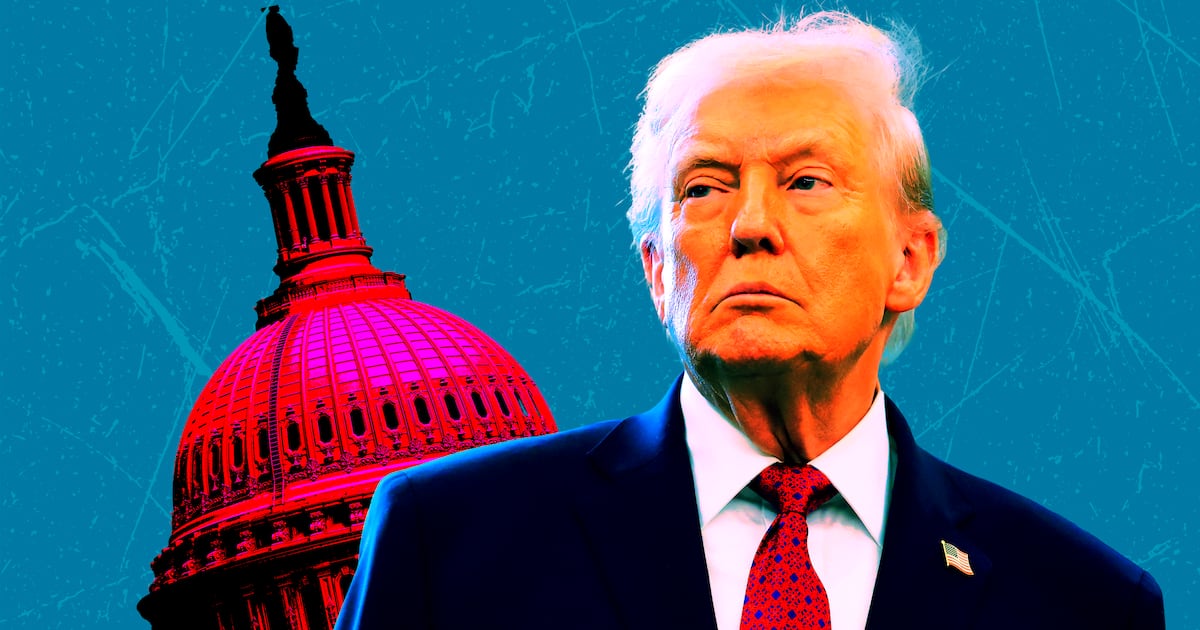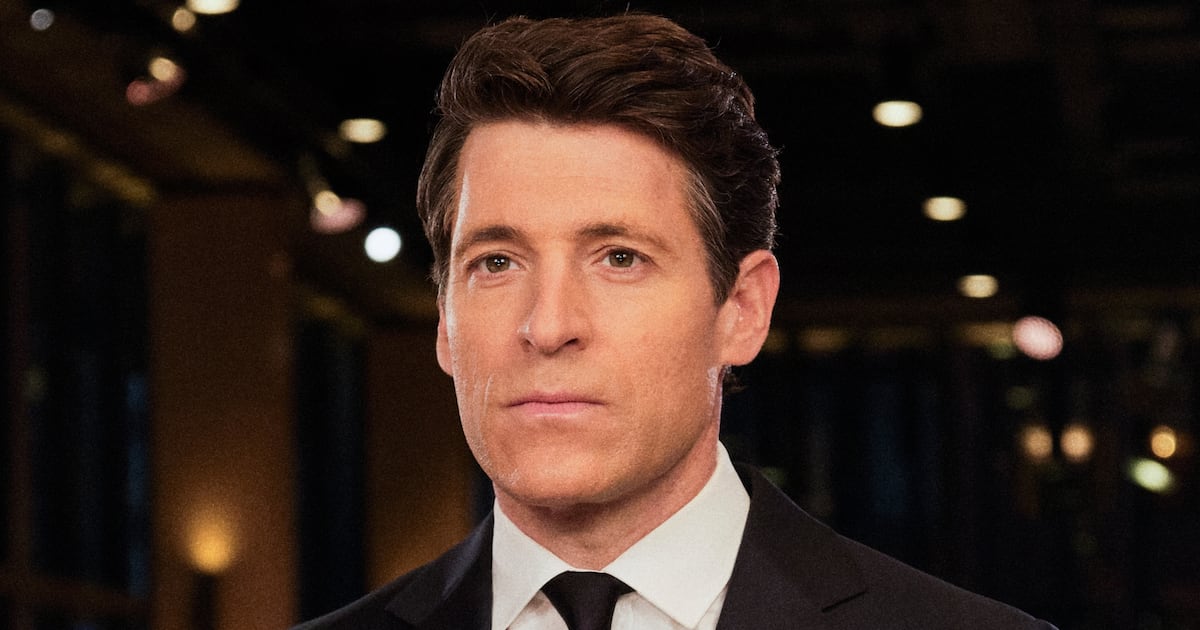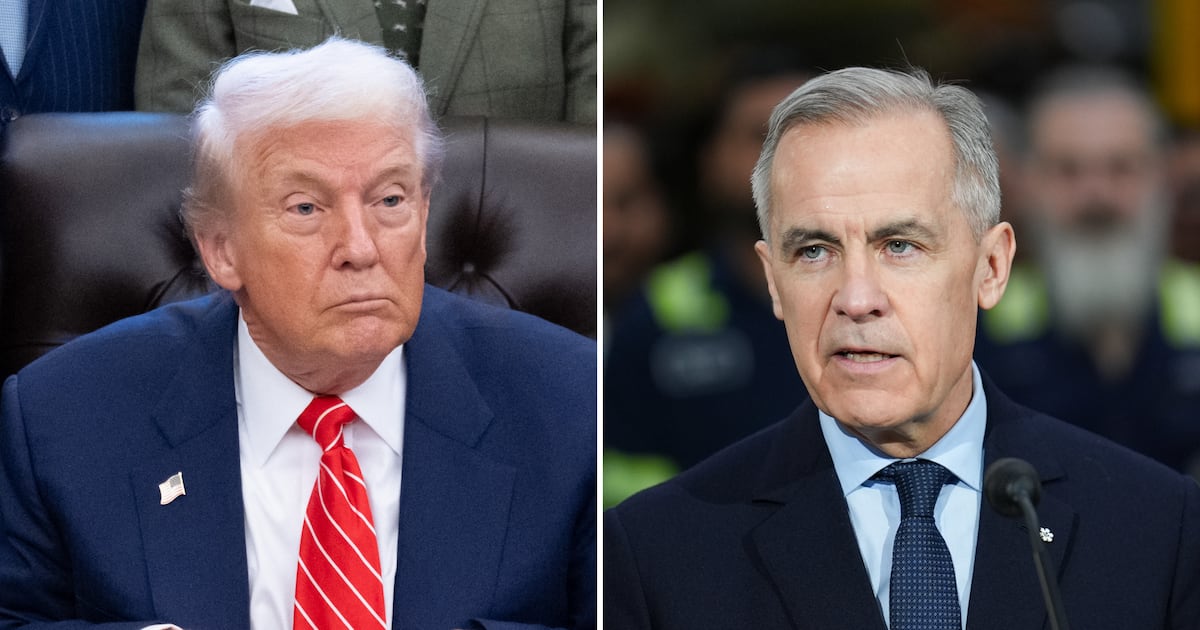MOSCOW—There is a secret and rather luxurious section of Moscow’s otherwise hellish and overcrowded Matrosskaya Tishina prison. The so-called Kremlin jail is in a separate building, it has comfortable clean cells for VIP prisoners—former politicians, members of special services, or top bureaucrats.
At the moment one of them is a 29-year-old hacker from Yekaterinburg, Konstantin Kozlovsky, who is accused of creating a criminal group of up to 50 hackers known as Lurk.
Kozlovsky is facing from 12 years to a lifetime in jail and, because he has claimed to be the genius behind the hacks that hit the American elections last year, among other crimes, his story has attracted reporters both in Russia and in the United States.
Russian police investigators, on the other hand, have been taking their time with the case. For 18 months they have been looking into the activities of Kozlovsky and dozens of his partners, who are also suspected of multiple cyber crimes, including the theft of up to $45 million from commercial companies and banks with the help of Lurk’s malicious software.
Kozlovsky has made a number of “confessions,” both on his Facebook page and in his letters to journalists, claiming that he was the one who hacked the emails of the U.S. Democratic National Committee and also of Hillary Clinton. He did not provide any proof in support of his confessions, so some observers said he was insane, others that he was desperately trying, somehow, to save himself with such publicity.
If he is to be believed, one must ask why he would conduct the attack during the U.S. campaign. In a recent interview with TV Rain, an independent Russian online television channel, the hacker claimed that since 2008 he had worked for the Russian Federal Security Service, the FSB, and that the FSB was behind not only his group Lurk but also the “WannaCry” cyber extortion attacks around the globe.
Earlier this month the Trump administration blamed North Korea for the WannaCry attacks on banks, hospitals, and corporations.
Liliya Yapparova, a reporter with TV Rain, has been corresponding with Kozlovsky with the help of his wife for almost a year.
“In his answers to me he comes across as an adequately sane person, I would say I believed 50 percent of what he tells us,” Yapparova told The Daily Beast on Thursday, adding that Kozlovsky’s psychological condition had been evaluated at Serbsky state center for forensic psychiatry. In the past the center was involved in political abuse of psychiatry.
"He has changed his defense lawyers four times already,” Yapparova noted. “We can suppose that he might have gotten paranoid under such pressure."
Kozlovsky wrote to TV Rain that he had left a sort of digital signature on the hacked DNC server with the number of his passport and his visa to the Caribbean island of St. Maarten / Saint Martin.
“All stories by Western media about Russian hackers are about me,” he said. “Lurk is just 10 percent of all my activity.”
He told TV Rain he left the digital signature on the DNC server as a way to protect himself and verify his involvement. “If the U.S. has made snapshots, you can check, or it should be in the backup for September 2015—this is the main proof that I can present from behind bars.”
Other arrests late last year of accused cyber spies and criminals in Russia were heavy with politics.
“I would not immediately dismiss Kozlovsky’s claims,” says Ivan Pavlov, a lawyer specialized in treason cases who represents one of those arrested whose name has not been made public. Kozlovsky “gives us a version and every version should be checked,” Pavlov told The Daily Beast.
At the end of January, the news broke that Russia’s most secret law enforcement agency had arrested one of its top officers in the middle of an official meeting. As leaked in a dramatic account, FSB officers allegedly grabbed their colleague and put a bag over his head.
Two top Federal Security Service officials, Sergei Mikhailov (he with the bag over his head) and Dmitry Dokuchayev, both from the FSB cyber intelligence department, were accused officially of state treason for passing confidential information to the CIA, according to the Interfax news agency.
But there was no mention in the Kremlin leaks that these two might have exposed Putin’s direct order to undermine the American elections. Far from it. The crimes described by the news reports in Moscow were related to hacking operations with no apparent ties to Trump or U.S. politics.
Kozlovsky claimed in his TV Rain letter that he worked mainly from home and had few contacts outside his focused work hacking and planting malware in various target accounts. But he said he answered to Dokuchayev in the FSB, with whom he had a longstanding relationship, and Dokuchayev is the one who gave him the order to hack the DNC.
If so, that develops a narrative in which Dokuchayev, arrested on charges of spying for the U.S. Central Intelligence Agency, actually ordered the hacks on the U.S. Democratic Party and Hillary Clinton. Such a twist would bolster Russian President Vladimir Putin’s position that, contrary to the assessment of the key U.S. intelligence agencies, he had nothing to do with the order to hack the American elections.
Dokuchayev recently denied that he had ever ordered Kozlovsky and Lurk to hack the DNC.
“I would be skeptical about Kozlovsky’s claims,” Kogershin Sagiyeva, a member of the independent commission that examines Russian prisons, told The Daily Beast. He noted that the hacker could actually be an FSB agent but with some unclear agenda. “When I saw him in person, I did not believe much of what he was trying to say, mixing the details of his case with ordinary things that he could have learned watching TV news.”
But Sagiyeva added, “No ordinary people end up in that VIP part of prison unless they are celebrities or very important witnesses.”
Matrosskaya Tishina has a grim reputation as a place where inmates die in horrible conditions. Last month two prisoners met their deaths. One of them, a 38-year-old man, had a heart attack in his overcrowded cell, where there were 23 inmates instead of 16, the supposed capacity. But those are not the conditions that might threaten Kozlovsky.
Sagiyeva found the hacker in a comfortable cell that he was sharing with the former mayor of Vladivostok, Igor Pushkaryov. There was also a famous blogger and founder of a street racing community, Eric Kituashvili, also known as Davidych, and the former director of Moscow’s popular Gogol Center for contemporary theater, Aleksey Malobrodsky. The four inmates joked that they had a cell for celebrities.
“Kozlovsky confirmed to me that actually he was Lurk,” Sagiyeva told The Daily Beast. When the observer asked Kozlovsky if he had hacked the DNC, the hacker nodded: “Oh, ask me what I did not hack.”
Kozlovsky’s wife Anna told The Daily Beast that even now, more than 18 months after his arrest, she still feels shocked by the way it happened. “They were about 25 people, many were wearing masks, they broke in to arrest him; later that dark-haired press woman of the Interior Ministry, [Irina] Volk made it look like all the guys had expensive cars and jewelry, but that was not true,” Anna insisted, referring to the video coverage by the Russian Interior Ministry.
Kozlovsky’s wife was an interior decorator, and she said she had no clue that her husband was a hacker, since she was always far from computers and did not have any accounts on social media. The two met five years ago, but officially got married only after Kozlovsky’s arrest. According to his wife, Kozlovsky had never told his family about any of his issues with the law. Speaking on the phone from Yekaterinburg, Kozlovsky’s wife told The Daily Beast, that she was very worried that something terrible could happen to her husband in jail.
Most Russian experts agreed that Kozlovsky must be terrified by the accusation and potential sentence. Under such circumstances he might say or do anything, especially if he thought it might pave the way to freedom.
“I have been researching this case for five to six months but could not discover any facts supporting Kozlovsky’s claims of being behind all hacker attacks,” Andrei Soldatov, an independent expert on Russia’s security services, told The Daily Beast. “The key question is if Kozlovsky’s been trying to make a deal about his future with FSB—or he has already made it.”
—with additional reporting by Christopher Dickey






